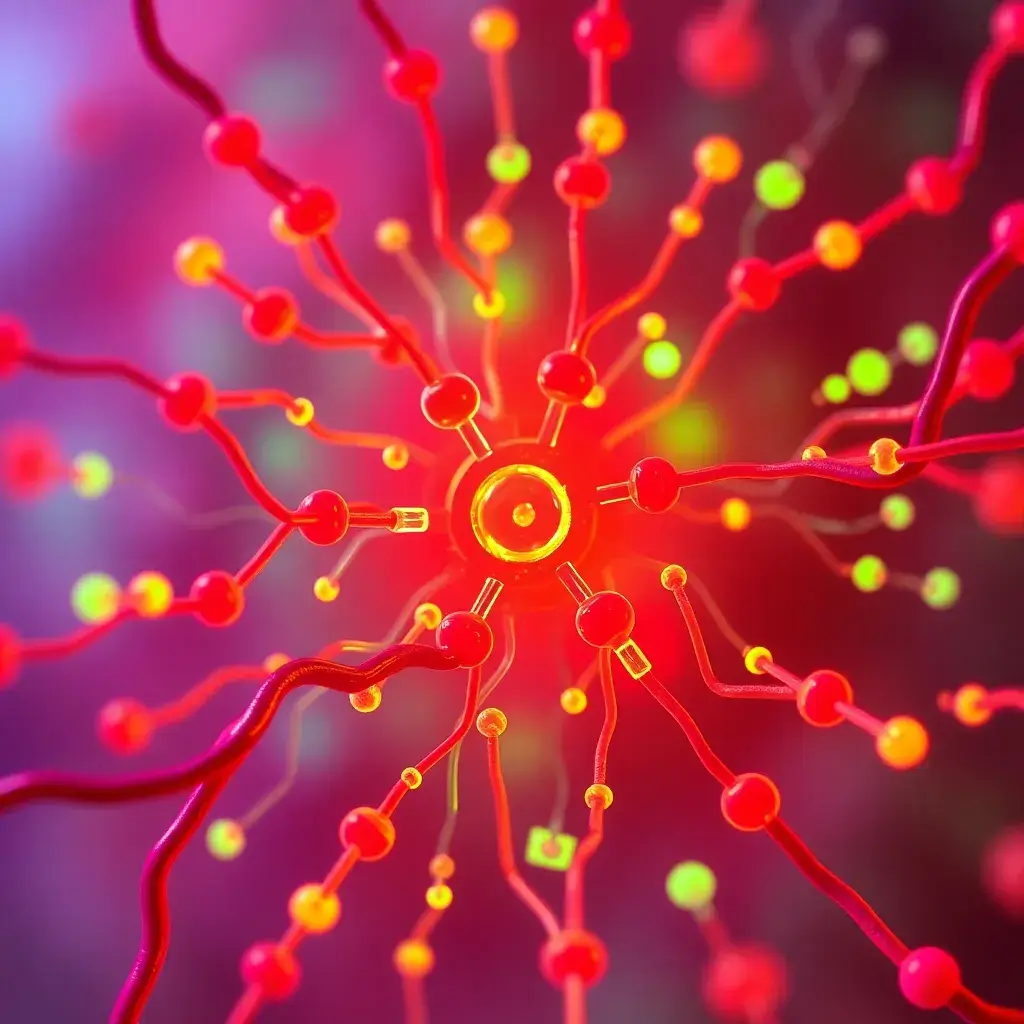
Bioelectronics
Bioelectronics is a multidisciplinary field that merges biology and electronics to develop innovative diagnostic and therapeutic solutions for healthcare treatments. By integrating electronic technologies with biological systems, bioelectronic devices enable the monitoring and regulation of the nervous system's regulatory activities, which can influence specific molecular processes in neural signaling. Bioelectronic medicine has the potential to address a wide range of medical conditions and disabilities, including blindness, cardiovascular disease, diabetes, inflammatory and neurodegenerative disorders, as well as paralysis.Bioelectronic devices work by stimulating, regulating, or blocking specific electronic signals between the brain and the body's functions, allowing for personalized, precision medical treatments. Common examples include cardiac pacemakers, which regulate heart rate, and robotic prostheses that replicate human movement. Biosensors, such as blood glucose monitors, are used to detect enzymes, pathogens, or toxins in the body. Wearable bioelectronic devices are becoming increasingly capable of monitoring vital signs, detecting biomarkers, and even harvesting energy from the skin's surface. Advanced bioelectronic implants are being developed to function without the need for wires or batteries, and are designed to be minimally invasive, ingestible, and fully resorbable, depending on their intended medical application